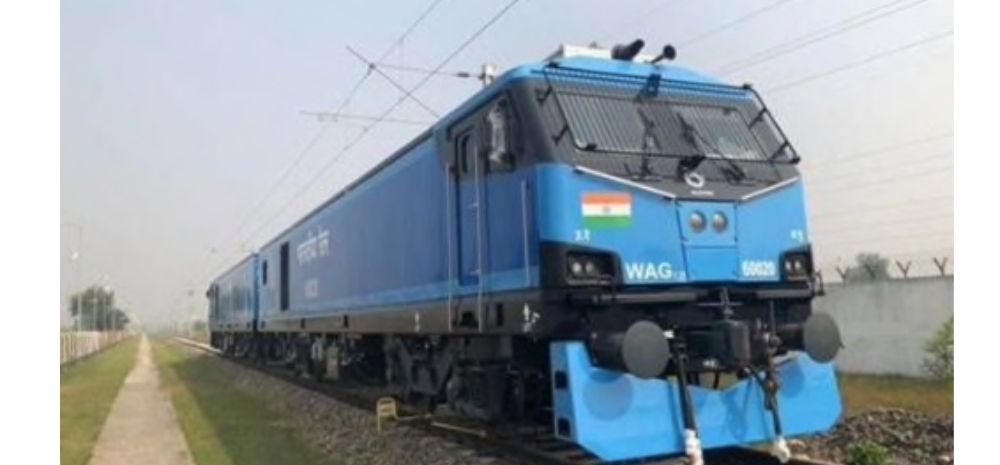Western Railways Becomes India’s 1st 100% Electrified Zone: How Will Passengers Benefit?

Indian Railways is pleased to announce that the West Central Railway zone has become the first fully electrified railway zone in the country.
The announcement was made after CCRS Inspection and Commissioning of electrification of Kota, Chittaurgarh railway section (Srinagar – Jalindri) in the state of Rajasthan, West Central Railways, by On 30 March 2021.
With this latest development, now the zonal railway boasts a 3012 Route Km electrified network.
How Does It Make A Difference?
With this implementation, the trains passing through this railway section can now be operated at a faster speed, according to the Railway Minister Piyush Goyal.
Further, this electrification of the railway section will provide numerous benefits including saving fuel, reduction in travel time, as well as environmental protection.
What About Other Zones?
Prior to this, the electrification of the Nimmita, New Farakka railway section in the state of West Bengal, the Eastern Railway zone had also become a fully electrified rail network, at the start of the year.
The initiative is expected to increase the speed of rail as well as minimize the carbon footprint in the environment, as per the information provided by the Railway Ministry.
If we talk about the development, the national transporter has invested an amount of Rs 19811.7 crores on infrastructural works during the period 2014-2020.
Along with that it has also spent over Rs 710.3 crores on passenger amenities in the Eastern Railway zone.
The pace of railway electrification has been increased over 4.5 times from 608 km per year in 2009-14 to 2,737 Km in the period of 2014-20, as informed by the Railway Minister in a written reply to a question in Lok Sabha recently.
Future Targets
By December 2023, the Railway Ministry had targeted 100 per cent electrification of the Broad Gauge rail network.
To achieve these targets, the pace of construction of New Lines along with the Doubling as well as Gauge Conversion has been increased by over 70 percent.
To be specific, it has improved from 1520 Km per year in 2009-14 to 2,625 Km in the period of 2014-20.
In result, the speed of freight train services has been doubled in the financial year 2020-21 to 46 km per hour from 23 km per hour in earlier years, According to the railway ministry.

Comments are closed, but trackbacks and pingbacks are open.